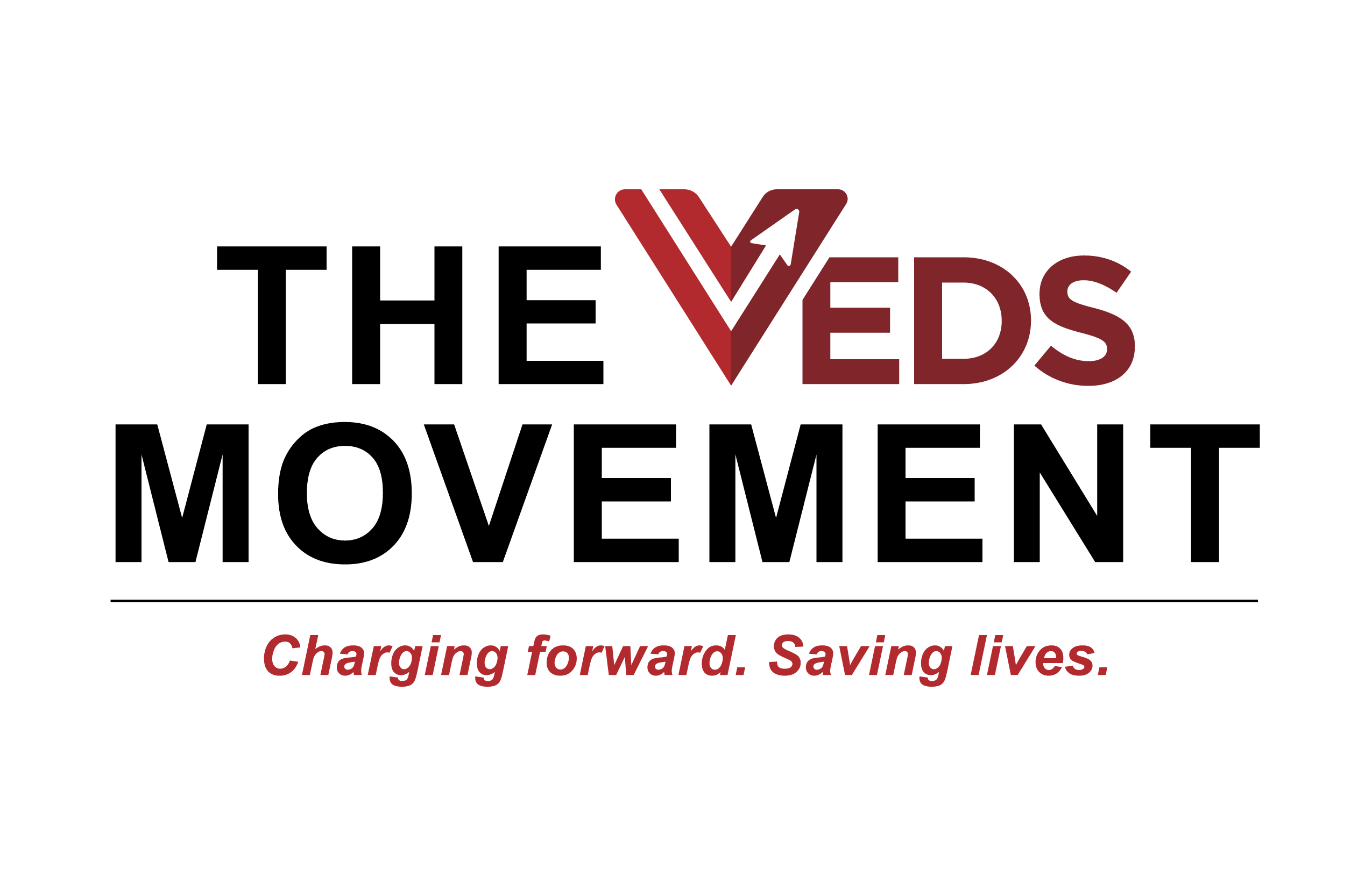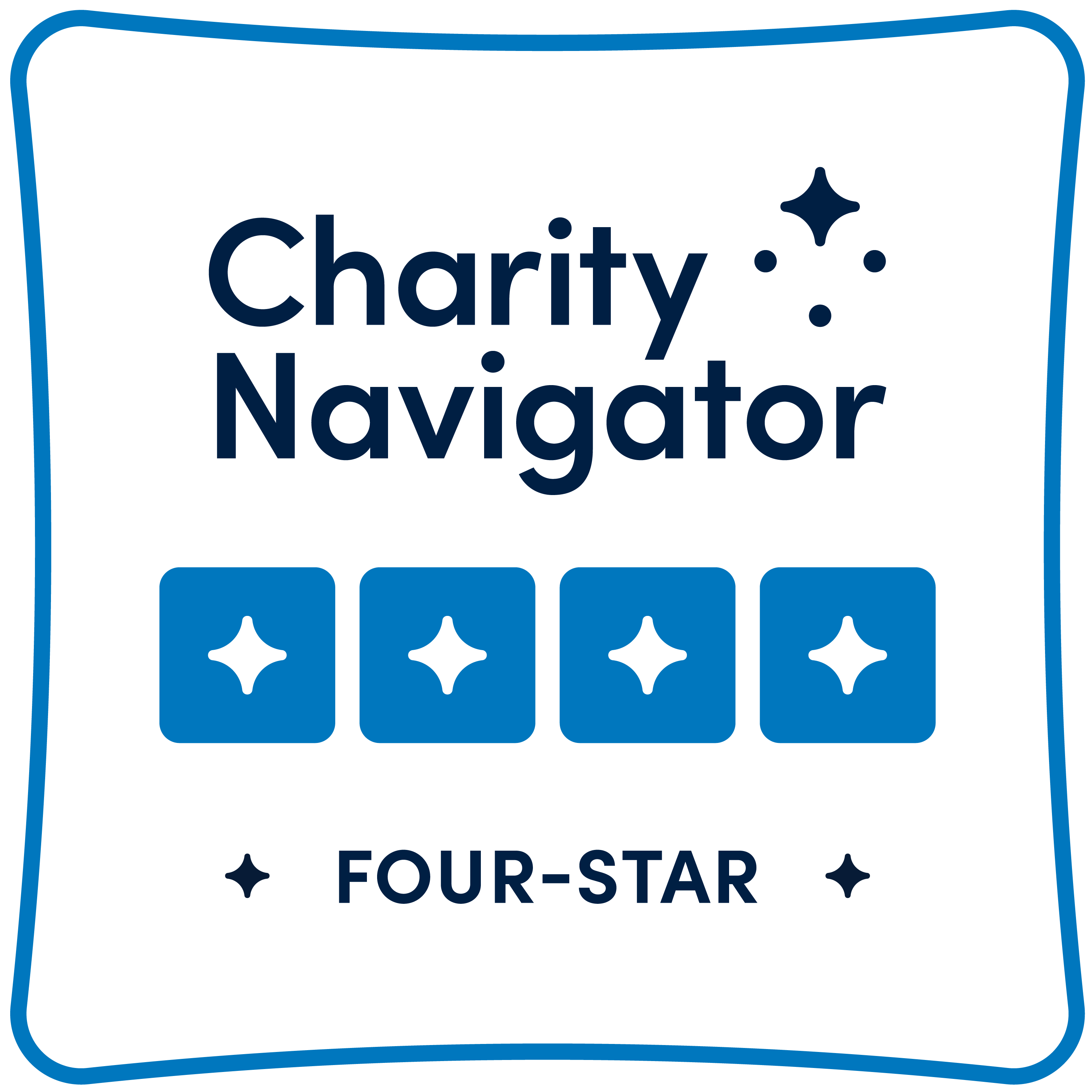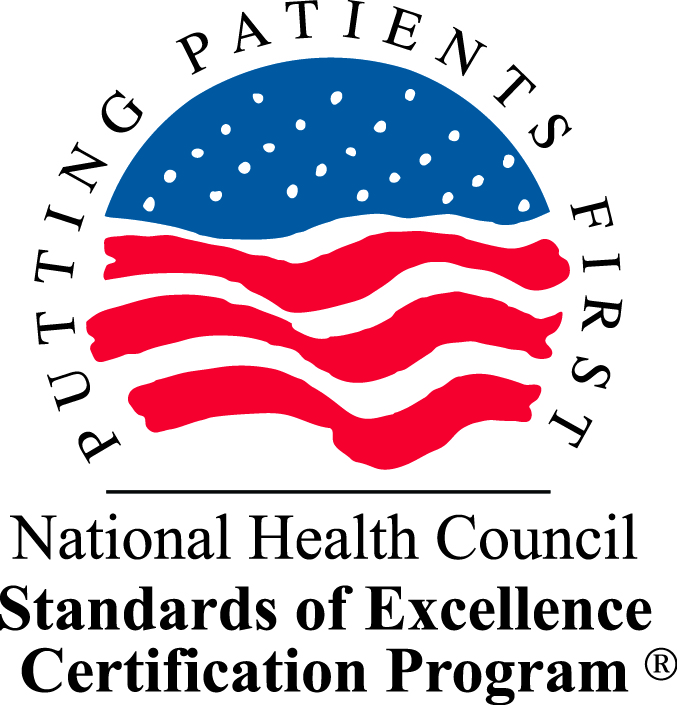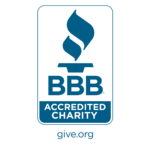People with Vascular Ehlers-Danlos Syndrome (VEDS) should avoid these circumstances:
- Because of tissue fragility, it is prudent to avoid collision sports, heavy lifting, and muscle straining.
- Conventional arteriography using catheters with contrast injection should generally be avoided unless absolutely necessary. Arterial tear/dissection may result at the site of entry of the catheter; furthermore, injection pressure may lead to arterial aneurysms, dissections or rupture. Consideration of arteriography should only be used to identify life-threatening sources of bleeding prior to facilitating treatment. Other less invasive forms of imaging should be considered first.
- Routine colonoscopy for cancer screening is discouraged in the absence of concerning symptoms or a strong family history of colorectal cancers.
- Routine elective surgery is discouraged because of high risk of surgical complications unless both the risk of doing nothing and the benefit of intervention is expected to be substantial.
Individuals with Vascular Ehlers-Danlos Syndrome are encouraged to avoid these circumstances, as doing so may reduce the risk of serious injury or complications.
Learn more about the types of imaging used for individuals with VEDS.
Know the signs of an emergency and be prepared.




